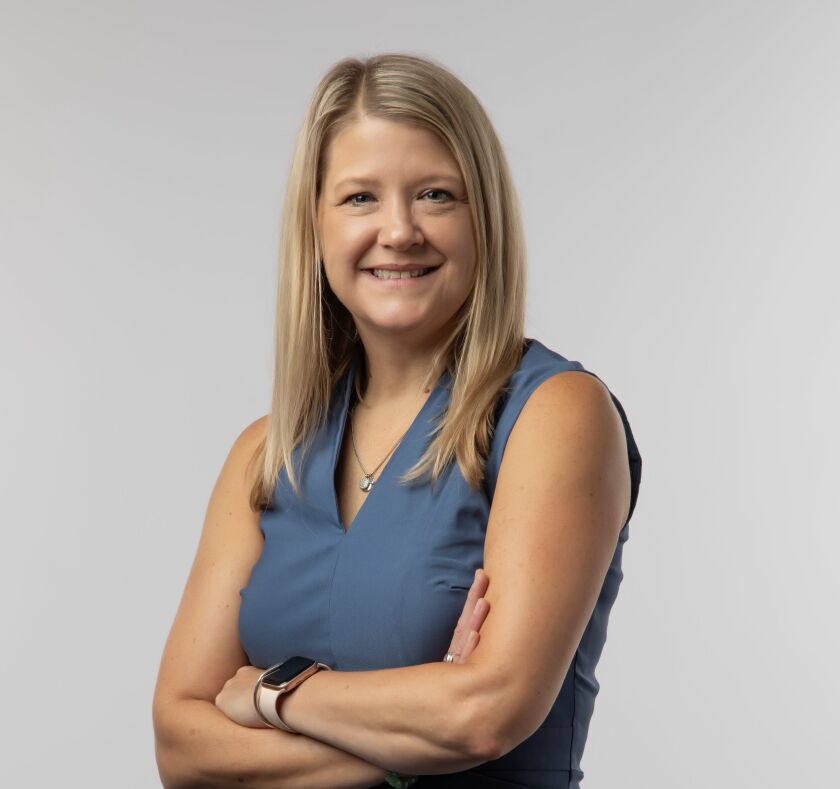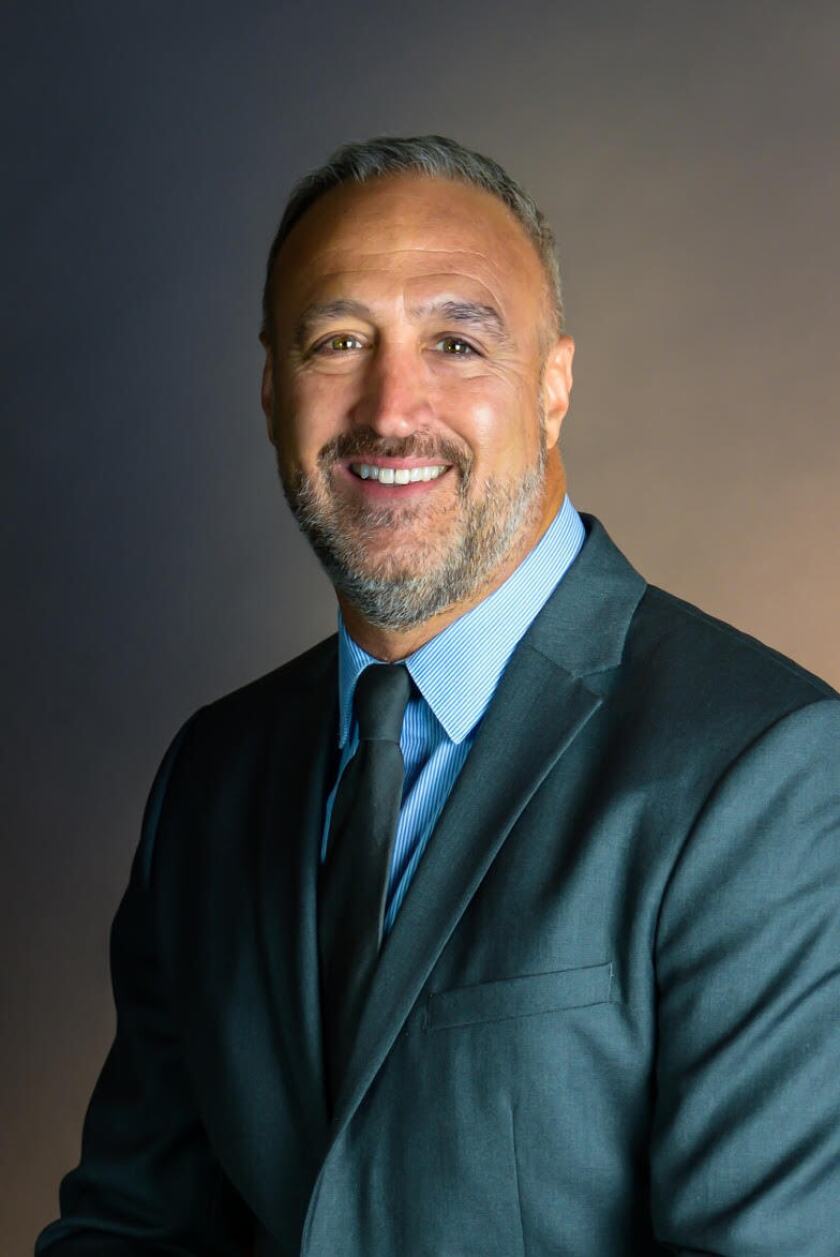Fraud is continuing to increase this year, in part due to the COVID-19 pandemic, according to a new survey by the Association of Certified Fraud Examiners.
The report found that 79 percent of anti-fraud professionals have seen an increase in the overall level of fraud as of November, compared to 77 percent in August and 68 percent in May. Thirty-eight percent of the respondents said in November the increase has been significant, compared to 34 percent in August and 25 percent in May.
Christina Hupy is Vice President of HazardHub at Guidewire. Guidewire's HazardHub provides data, risk scores, and risk models to the P&C insurance industry.
Sam Deleo is director of content marketing for Tucker Advisors, a Colorado-based national marketing organization and leading wholesale distributor of annuities and life insurance products to top independent agents nationwide.
Whitney Parker Mitchell is Arizent's Interim Chief Marketing Officer, where she leads the marketing, product, and data teams in advancing the company's mission to deliver cutting-edge industry insights, elevate leaders, and build thriving communities.
With deep expertise in fintech, regtech, and cybersecurity, Whitney has driven innovation throughout her career in B2B marketing. As the Owner and Founder of Beacon, she transformed it from a solo venture into an award-winning B2B marketing agency with over 20 professionals, recognized on the Inc 5000 list for three consecutive years. Whitney's diverse career spans national security, tech startups, and global risk management, where she has guided over 200 firms on strategic marketing, branding, and lead generation.
She holds a Master's in International Relations focused on National Security from Syracuse University and a Bachelor's in Political Science from Boise State University.
Cyber fraud, payment fraud (such as schemes with debit and credit cards) and identity theft are the three top fraud schemes seeing increases, according to anti-fraud professionals.

The largest increase in observed fraud was in financial statement fraud, with 7 percent more anti-fraud professionals reported seeing financial statement fraud in November, compared to August. That could be because as companies continue to see their profits drop, they feel more pressure to cook the books.
The survey also found 77 percent of anti-fraud professionals report that investigating and preventing fraud is more challenging now, while 71 percent said detecting fraud is more challenging as a result of the pandemic.
ACFE members anticipate the fraud trend will continue, even as vaccines have begun rolling out this week in the U.S. Ninety percent of the survey respondents expect a further increase in the level of fraud over the next 12 months, with 44 percent predicting the change is likely to be significant.
Nearly half (48 percent) of the organizations polled expect to increase their investments in anti-fraud technology, and 38 percent intend to raise the use of fraud-related consultants or other external resources. Budgets for anti-fraud training and professional development are experiencing a similar increase (according to 37 percent of the organizations polled), but nearly one-quarter (24 percent) anticipate a decrease in this area. The budget component most likely to see decreases is travel for anti-fraud staff, which shouldn’t be surprising given the plunging levels of air travel in general over this past year, with 38 percent of the survey respondents expecting a reduction in funds for travel in the year ahead.



